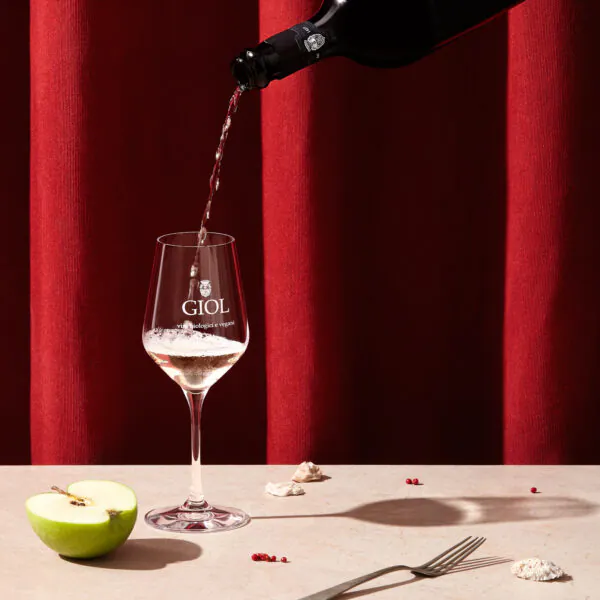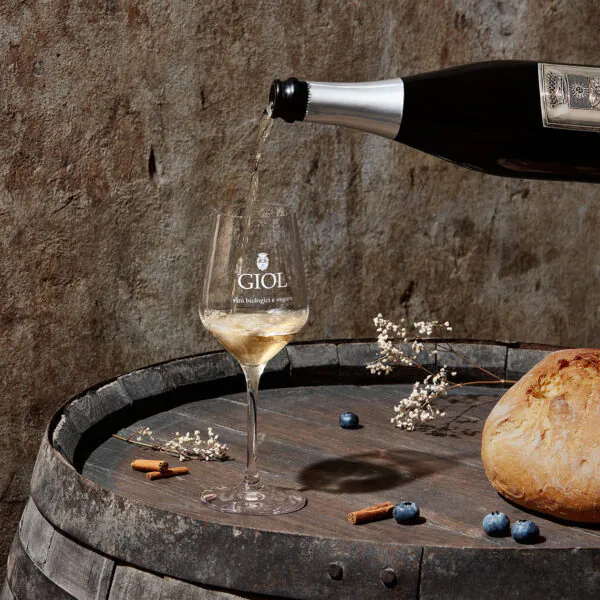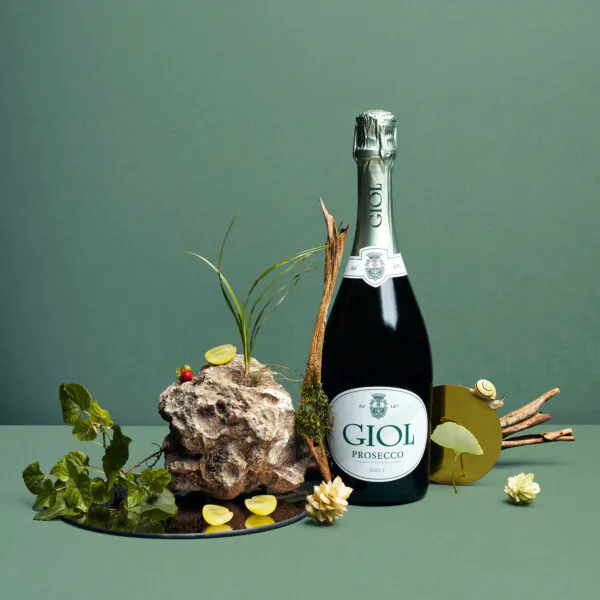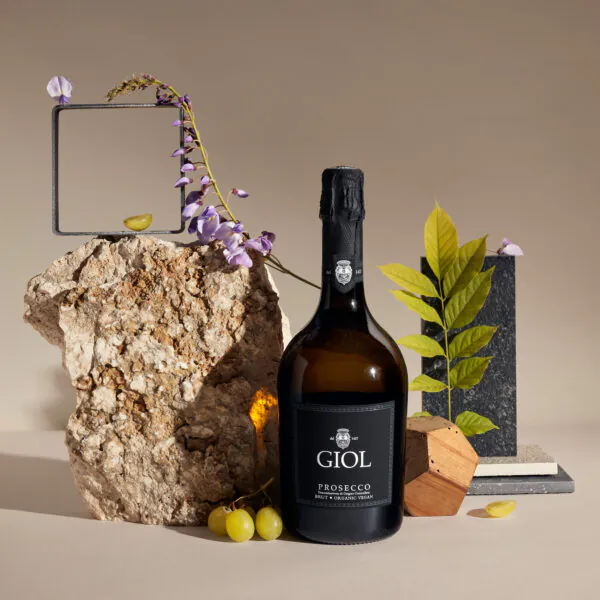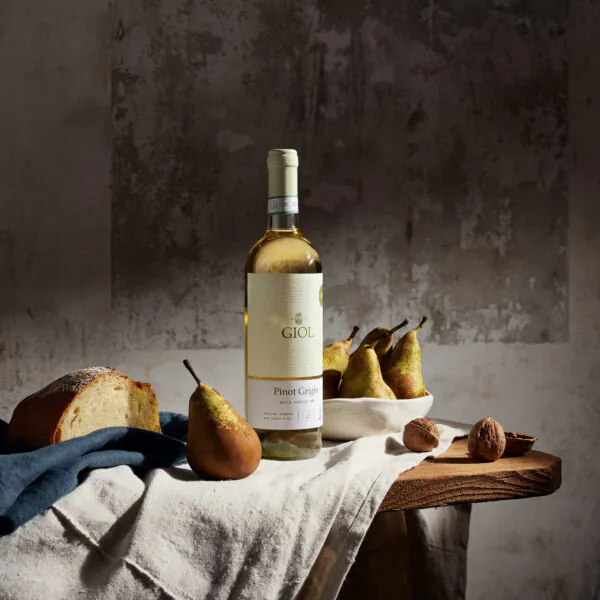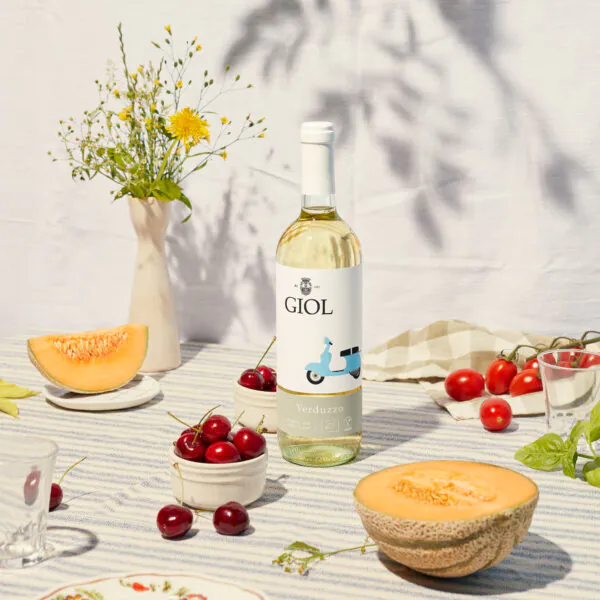Wines without added sulphites
The “Parco Storico” and “la Lia” have always been the home of dragonflies, insects of ancient origin that symbolise freedom, balance and purity.
We have returned to the winemaking of our origins: minimal processing, without the addition of sulphites and other recent oenological innovations. Unfortunately, the enormous negative effects of sulphites far outweigh their benefits: they interfere with the true aroma and taste of the wine, they slow down the maturing of aromas, they attack the olfactory and taste receptors, ruining tasting and leave a bitter aftertaste, and they can even cause allergic or intolerant reactions. High-quality wines, like ours, are better when produced without their use because they have a more genuine aroma, are more pleasing to the palate and easier to digest.
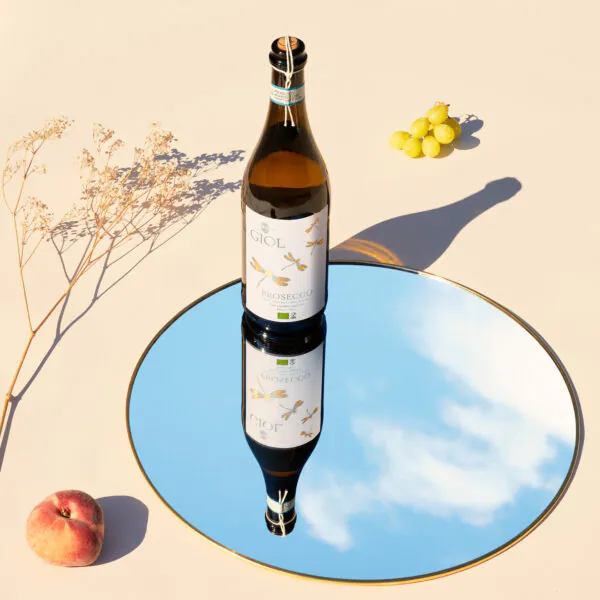
But how long do these wines last?
From one to two years depending on the variety. Giving you plenty of time to enjoy them.
NO WINE IS COMPLETELY SULPHITE FREE
During fermentation, the yeasts produce sulphites, although in much smaller amounts than those added by the oenologist. Therefore, even if the latter should decide not to add a small amount to the wine, this will still contain traces. The skill lies in creating the conditions (hygiene of the grapes and the winery, vinification times and temperatures, selection of low-sulphite producing yeasts, etc.) that lead to the formation of the lowest amount of sulphites possible.
Labels often state “contains sulphites”. Not ours. Why?
By law, this must be written on the label if the total amount of sulphites in the bottle (added + spontaneous) is more than 10 mg/litre (which is still very low!). Doses routinely added by oenologists during the various production stages usually exceed 100 mg/litre. The sale of wines containing more than 250 mg/litre is however prohibited, as amounts over this level make them extremely harmful to health.
All our 5 white and red wines without added sulphites come well under the 10 mg/litre mark: this is why we don’t have this statement on our labels.
The yeast itself produces various amounts of sulphites depending on the conditions in which it is forced to reproduce: less than healthy grapes, incorrect fermentation temperatures, and poor hygiene in the winery are just some of the conditions that encourage yeasts to produce more sulphites. This is why some producers are so obsessed about cleanliness and the production times of their grapes and musts.
The type of stopper chosen is an essential factor in preserving the quality of the wine after bottling. Cork is a terrible solution because it can cause bad odours, it has enormous environmental impact and is a constant source of oxidation. This why we have chosen aluminium bottle stoppers for our still wines: less oxygen flow into the bottle, no bad odour and the material can be recycled infinitely without any waste.






